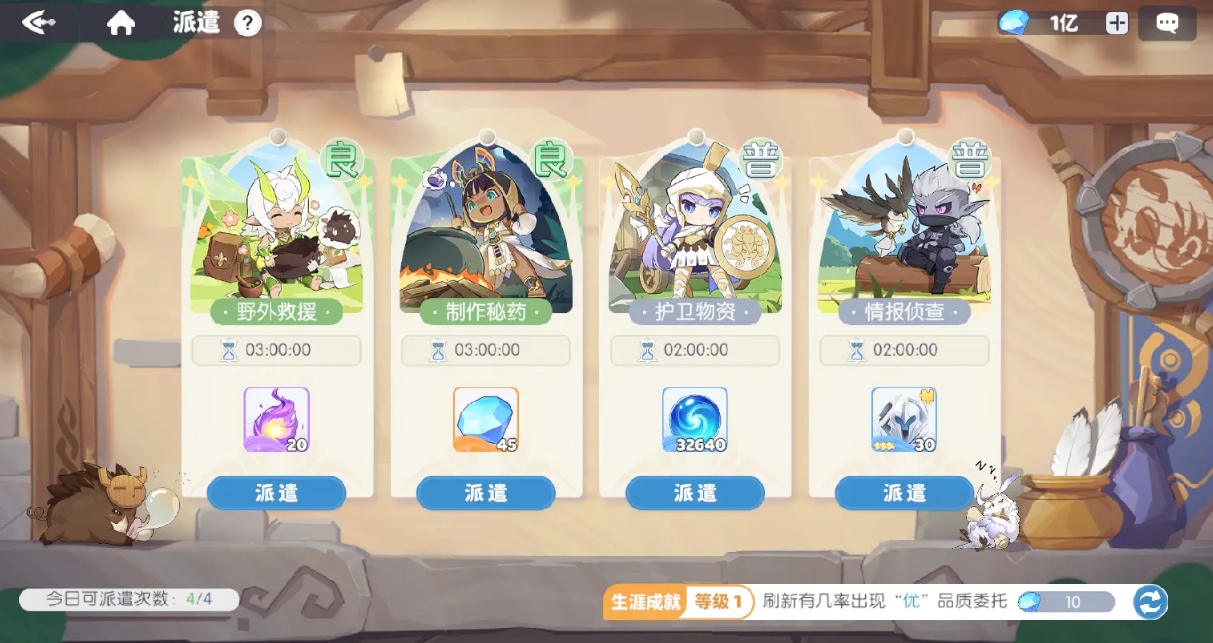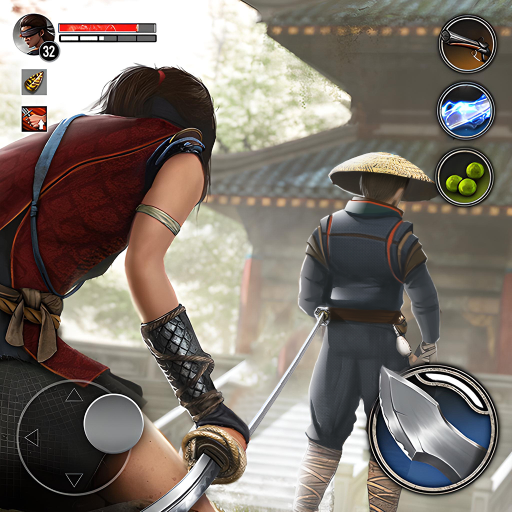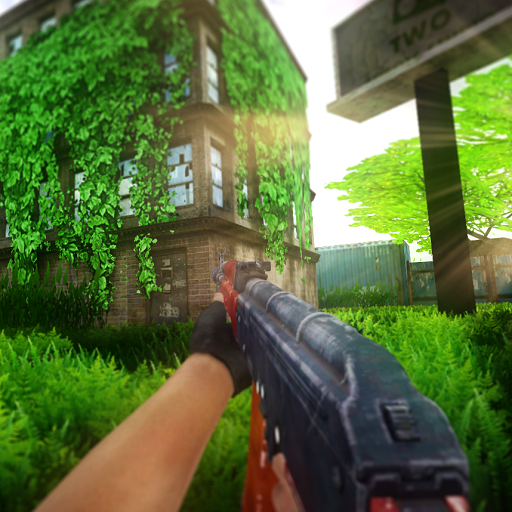In the early stages of the game, Sun Kailang's card comes with its unique dispel ability, which is actually a capability that many early teams need. In today's guide on "Three Kingdoms Fantasy Continent 2: Song of the Hawk" Sun Kailang lineup pairing, you can see just how strong this card is. Although some players think the basic abilities of this card are average, when it comes to early lineups, there are indeed many that cannot do without Sun Kailang.
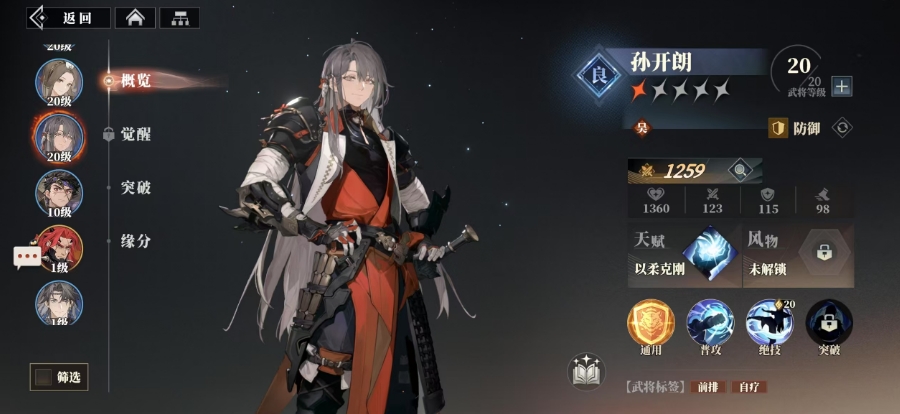
Currently, in the game, there aren't many dispel skills available for the early stages, making Sun Kailang hard to replace. Although Gan Ning also has a dispel effect after awakening, Sun Kailang's practicality does not diminish at all. His three-star tankiness is particularly impressive; in the absence of Zhuge Guo, he can fully take on the heavy responsibility of being in the front row, which is something many consider. Moreover, starting from three stars, Sun Kailang begins to show his ability to protect the core damage dealer, safeguarding the team's main output. The charm of Sun Kailang goes even further, as he is a crucial part of the Sun Wu lineage bond.
This bond effect connects Sun Shangxiang, Sun Quan, Sun Ce, Sun Jian, and Sun Kailang. When any two of them are on the battlefield simultaneously, all the generals within the bond will receive a 10% increase in damage. When the battle reaches the third round, this damage boost transforms into a 10% reduction in damage taken, providing stronger defensive capabilities for the team in the later stages of the fight. If any three of these five generals are on the battlefield at the same time, the initial damage boost increases to 15%, and similarly, when the battle reaches the third round, this damage boost also turns into a damage reduction, but this time the reduction rate increases to 15%.
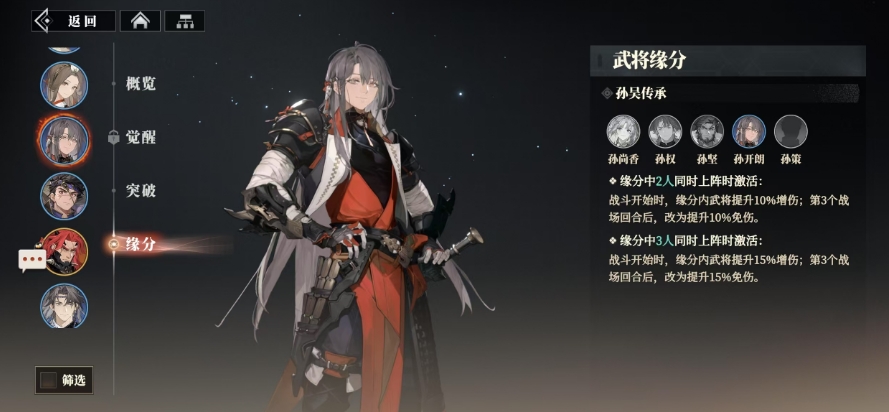
For lineup combinations, you can try Cao Cao, Diao Chan, Cai Wenji, Dian Wei, Sun Kailang, and Gan Ning. In this combination, Cao Cao, with his high multipliers and official recommendation, becomes the core damage dealer of the team. His fierce and headlocking attacks make him difficult for many enemies to handle, and Cao Cao is currently one of the main cores that the officials are promoting. Using him as the damage dealer can give you an advantage. If what you need in the early stage is combat power, then in terms of development, you should prioritize Cao Cao.

Additionally, Dian Wei is a well-known PvP god card, and many new players tend to focus on this front-row card in the early stages. Placing him in the first row not only provides protection but also decent damage, although not as high as pure damage dealers, it is still quite high among defenders. With three stars, he can also work well with Zhen Ji and Cao Ang for a combo attack, so his mechanism is unique. In battles, he can share the damage taken by teammates, reducing their pressure, and also has a pursuit effect, allowing him to quickly launch a follow-up attack once the enemy shows a weakness, which is another advantage of the lineup.
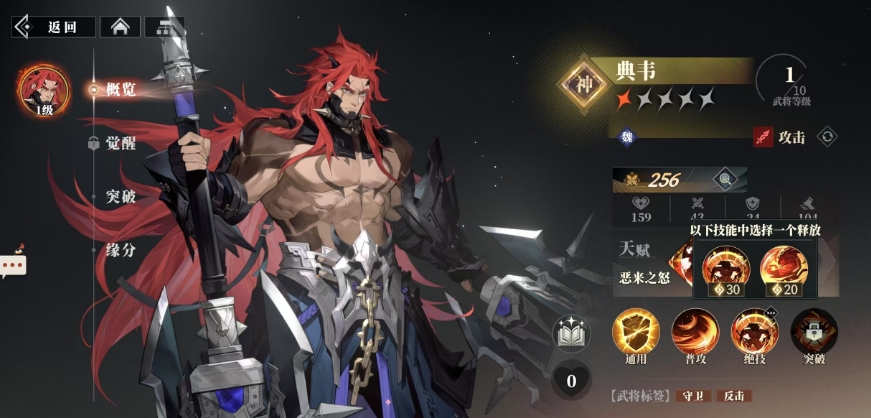
Diao Chan, as a top-tier healing general, is also very powerful. Both her basic attack and ultimate skill have hidden strengths. Her basic attack can not only deal damage to the enemy but also provide a shield to allies, enhancing their defense. Her ultimate skill is even more potent, providing strong healing and increasing the output buff of allies, comprehensively boosting the team's combat effectiveness. Cai Wenji acts like a solid support for the team, specializing in continuous healing, constantly restoring the health of allies. Gan Ning also has considerable damage-dealing ability; although he may not be the core damage dealer, he is a key role in auxiliary damage. His coordination with Sun Kailang forms a basic lineup with recovery, dispel, and damage-dealing capabilities.
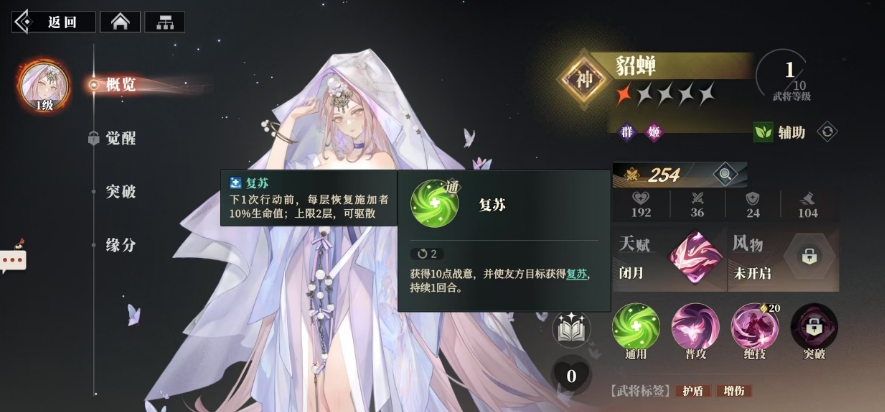
The guide on "Three Kingdoms Fantasy Continent 2: Song of the Hawk" Sun Kailang lineup pairing ends here. If you want the team composed of Sun Kailang to be invincible on the battlefield, such a lineup is both practical and efficient, and is highly recommended by the editor for the early stages.
